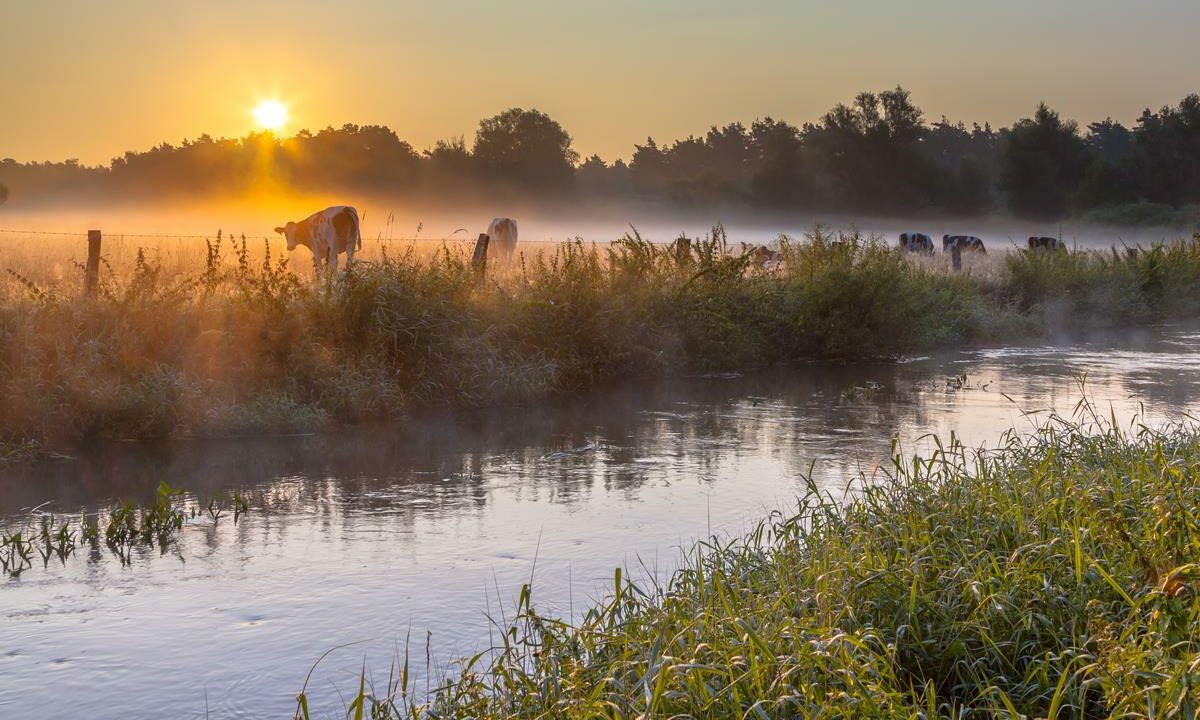A farmer in Northern Ireland has been fined £650 (€750) and a £15 (€17) offender levy for causing polluting discharge to enter a waterway in 2015.
Robert Duncan from Ballymoughan Road, Magherafelt, Co. Derry, was convicted and fined at Magherafelt Magistrates’ Court recently.
The waterway was impacted for a distance of 3.2km resulting in the death of more than 880 native brown trout.
On 11 June 2015, Water Quality Inspectors (WQIs), acting on behalf of the Northern Ireland Environment Agency (NIEA), inspected the Coppies Burn waterway at Magherafelt.
They observed the presence of agricultural effluent in the waterway, while the source of the polluting discharge was traced to a farm owned by Duncan.
On the farm the Inspectors discovered a valve had been left open which resulted in the effluent escaping and making its way into the pipe work and from there to the Coppies Burn.
A sample taken at the time of the incident confirmed that the discharge contained poisonous, noxious or polluting matter which was potentially harmful to fish life in the receiving waterway.
Pollution in the Republic of Ireland
Prior to the Christmas, agricultural slurry was identified as the cause of a fish kill in a river near the town of Tralee in Co. Kerry.
Close to 300 dead fish were noted throughout the system, with fish such as brown trout, eel, stone loach and stickleback the most commonly affected, according to Inland Fisheries Ireland.
Meanwhile, Inland Fisheries Ireland was also investigating a major fish kill in the Owentaraglin River, a tributary of the Blackwater River, in northwest Co. Cork.
Fisheries Officers discovered more than 1,200 fish dead over a 2km stretch of the river near the village of Kiskeam in early December.
An investigation began following the discovery of the fish, with the cause of the the fish kill believed to be a large discharge of raw slurry into the river.
Fish species affected by the pollution included salmon, brown trout, eel and stickleback, while significant damage to the spawning beds and wider aquatic habitat was also reportedly caused by the pollution.

